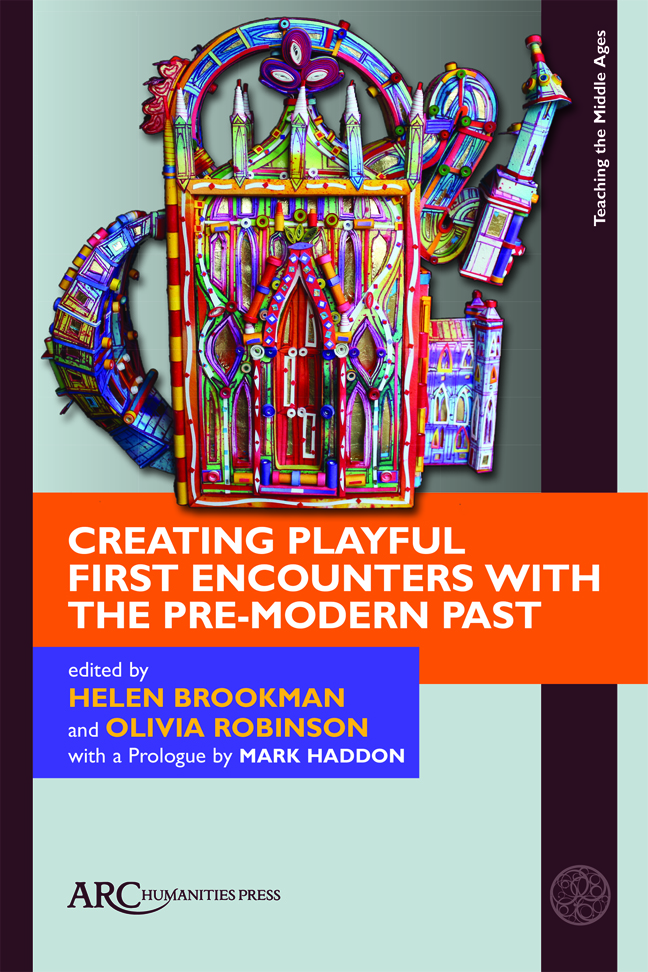6 - “Create the Rest”: Learning through Doing in Shakespearean Education
Summary
AMERICAN UNDERGRADUATES TYPICALLY complete a broad array of courses. They choose some through individual interest, while other classes fulfill general education, continuing writing, or major requirements. Whatever reasons lead to these course decisions, however, the resulting classrooms end up with students from diverse disciplinary backgrounds. In my Shakespeare classes, for example, the undergraduates represent numerous majors, including the sciences, business, and innumerable humanistic disciplines. Accordingly, my students arrive with diffuse levels of literary preparation and varying degrees of interest in Shakespeare. Emory generally admits talented, hard working undergraduates, who engage ably with their readings and written assignments. They often struggle to find their way, however, through Shakespeare's language and the many dense topics that become relevant during our study of “Shakespeare in Text and Performance.” Over the years, therefore, I have experimented with multiple avenues for access into this material. Some of these pedagogical efforts have been created in response to classroom needs; others emanate from the studies in cognition and learning that I undertook during a post PhD MST in College Teaching at the University of New Hampshire. This essay will focus on some of the intriguing, often unexpected, projects that have resulted since I started asking students to draw from their current or aspirational skill sets in order to create Shakespearean adaptations or presentations accompanied by analytical, evidence based essays. As long as the students take the process seriously, the results are generally instructive and often remarkable. By the time they are finished, these undergraduates have a much deeper comprehension of Shakespearean drama and a more integrated understanding of the ways that their knowledge from divergent areas can intersect in surprising and productive ways.
Shakespeare appears to be particularly apt for such an assignment because the plays offer so many overt and subtle entry points for intellectual interrogation and creative expression. Accordingly, the students are invited to use their former learning or to acquire new skills as avenues for approaching this drama. Sometimes they work independently, but clusters of students often form because individual classmates either share interests or possess complementary skillsets. Nate Furman and Jim Sibthorp maintain that such elements are key components in successful learning:
Experiential learning techniques can be helpful in fostering learning transfer. Techniques such as project based learning, reflective learning, and cooperative learning provide authentic platforms for developing rich learning experiences.
Information
- Type
- Chapter
- Information
- Publisher: Amsterdam University PressPrint publication year: 2023
